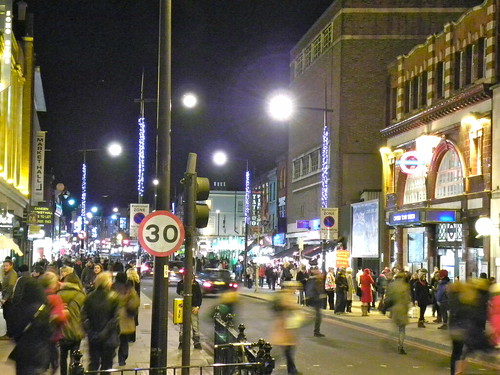Welcome to Word Buzz Wednesday, your go-to place for some of the most interesting words of the week. The latest: working 9 to 9; beer to the nth degree; a champion in the dohyō.
9/9/6
“In China, there is a company work culture at startups that’s called 9/9/6. It means that regular work hours for most employees are from 9 am to 9 pm, six days a week. If you thought Silicon Valley has intense work hours, think again.”
Cyriac Roeding, “After three weeks in China, it’s clear Beijing is Silicon Valley’s only true competitor,” Recode, May 13, 2016
For founders and executives at startups in China, the hours can be even harsher, says Recode: 9/11/6.5, which translates as working from 9 am to 11 pm, six and a half days a week.
extreme beer movement
“Founded in 1996, in what’s generally regarded as the second wave of the craft beer movement…Stone helped develop what’s known as the extreme beer movement – high alcohol, bitter with a pungent hop punch, and using grains that give many of their brews an intense malt flavor.”
Sean Scully, “Beer brings new dimension to Napa County,” Napa Valley Register, May 21, 2016
Extreme beer movement is a term that seems to have originated in the early 2000s. In the Wall Street Journal Guide to Business of Life, extreme beer is described as “a catchword that has sprung up to identify breweries dabbling in beer styles (aged beer, ultra-strong beer, beer made with exotic ingredients) that are far from the everyday lagers like Budweiser, Miller and Coors.”
patten
“Over in Western Europe and England [in the 1300s], people would wear what’s known as a ‘patten,’ and these pattens were effectively platforms made of wood or metal that could be strapped onto a woman’s or man’s shoe to give them a stilt effect while walking outside.”
Rachel Lubitz, “The Truly F*cked Up History of the Platform Shoe,” Mic, May 20, 2016
In case you’re wondering why people in 1300s Europe were wearing patten shoes, according to Mic, it’s because plumbing had yet to be developed, and “human and animal feces frequently lined the streets.” As a result, “pattens were strictly outside shoes that a person could take off before walking inside their own home.”
The word patten comes from the Old French patin, “clog, type of shoe,” which probably comes from pate meaning “paw, foot.”
sandbagger
“In climbing parlance, Lhakpa might be called a sandbagger, somebody who understates her abilities in order to beat expectations.”
Grayson Schaffer, “The Most Successful Female Everest Climber of All Time Is a Housekeeper in Hartford, Connecticut,” Outside, May 10, 2016
According to the Oxford English Dictionary, the earliest meaning of sandbag is to hit someone with a sandbag, and then figuratively, to bully or criticize. By 1940, the term was being used in poker to mean “to refrain from raising at the first opportunity in the hope of raising by a greater amount later,” an action which might under-represent a strong hand. By extension, sandbag came to mean to under-represent one’s abilities in any race or competition.
yokozuna
“The final match of the 2016 Haru Basho — one of six professional sumo tournaments held each year — was a day-15 championship-deciding showdown between the sport’s top yokozuna.”
Benjamin Morris, “The Sumo Matchup Centuries In The Making,” FiveThirtyEight, May 13, 2016
The term yokozuna refers to the highest rank in sumo wrestling. FiveThirtyEight says the word translates from Japanese as “horizontal rope,” and is “named after the decorative rope that yokozuna wear during their ring-entering ceremony.”


![J. & P. Coats Best Six Cord, 200 yds, 50. [front]](https://farm6.staticflickr.com/5449/9547335499_002b12bd09.jpg)



